Juvenile Justice is an interesting enough drama about South Korea’s juvenile court system and how its judges manage and handle cases of underage crime. The series follows the exploits of a juvenile court as its three judges deal with cases involving underage perpetrators, from a very violent and macabre case of murder, to domestic abuse, brutality in the reform system, state exam leaks, and just general violent conduct.
What the show really needs, however, is a point of view.
This Is No Judge Judy
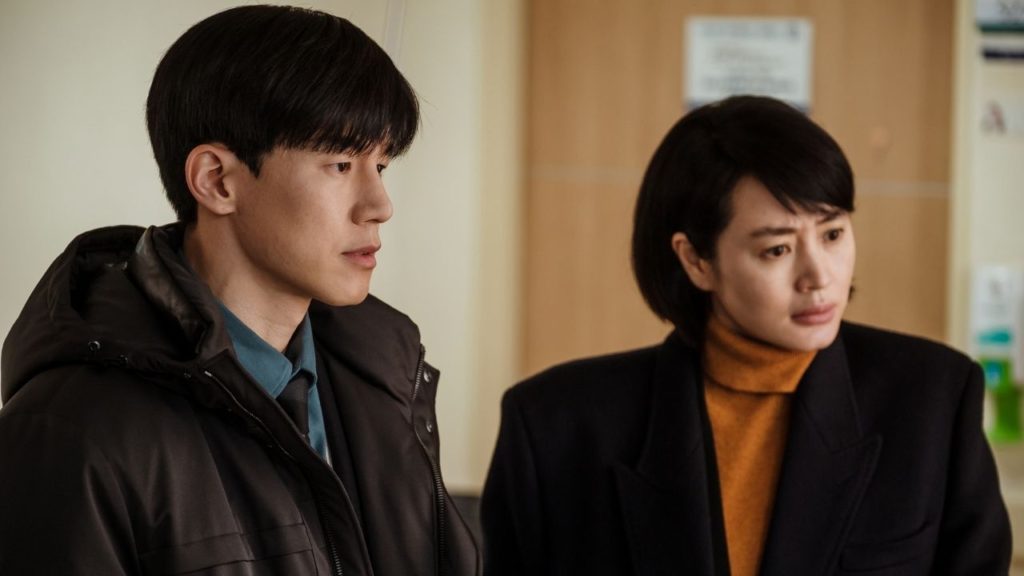
The series is ostensibly about Kim Hye-soo’s judge Eun-seok, a tough as nails, cold as ice judge that hates juvenile delinquents (she says it right at the beginning of episode one). She is immediately portrayed as someone who is hard on the delinquents that she comes across. She believes in the law and follows it to the letter, often coming off as someone who is without mercy. Her new colleague, Kim Mu-yeol’s Cha Tae-joo, however, is her direct opposite. A bleeding heart judge who is always looking for a more understanding and compassionate approach to his cases.
Despite the series seemingly about a new judge that transfers into the local courthouse, Juvenile Justice never seems to be able to settle on a point of view. The show never seems to land on whether or not it wants us to root for the unlikeable judge, as it constantly flips between proving her right, but then also showing the rest of the characters aghast reactions to it.
At times it feels as if the writers of Juvenile Justice want us to both root for their main protagonist, while also being appalled at her discounting of the rehabilitation process that she is supposed to be standing for. The writers constantly put up judge Cha Tae-joo as being a proponent of the court’s responsibility to not just punish, but to ensure rehabilitation, only for him to be smacked in the face with the realities that Eun-seok believes in.
But What’s the Point?
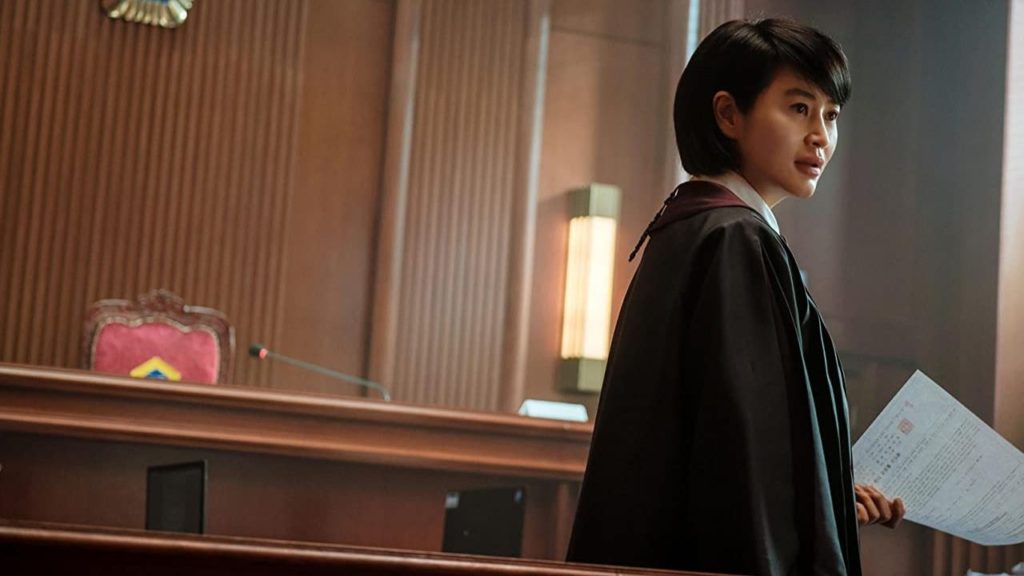
Could the writers have been trying to show that the work of the courts is never as straight forward as the general public wants it to be? Maybe. But if that was the case, why does the show go out of its way to constantly justify Eun-seok’s hard take on the system? Juvenile Justice makes no attempt to show audiences that these kids (or the guardians responsible for them) deserve anything less than they get. Even as one episode makes a callback to a supposedly reformed and rehabilitated offender, the series reminds the audience that nothing is as it seems.
Juvenile Justice is certainly not the best Korean show out there at the moment. It tries its best to tell a story about a situation that is, in reality, a big problem in South Korea. What the series fails to do, however, is do it with a confident voice. The cases that come across the desks of these judges are vile and terrible, but they never seem to be all that affected by it. One comes off as cold and calculated. The other, naive. And yet, we the audience are never shown why we should agree with either of them. In the end, it feels like all I’ve taken away from what I’ve seen is that the courts need to do more, but can’t. That is something I already knew before I spent seven hours with these characters.


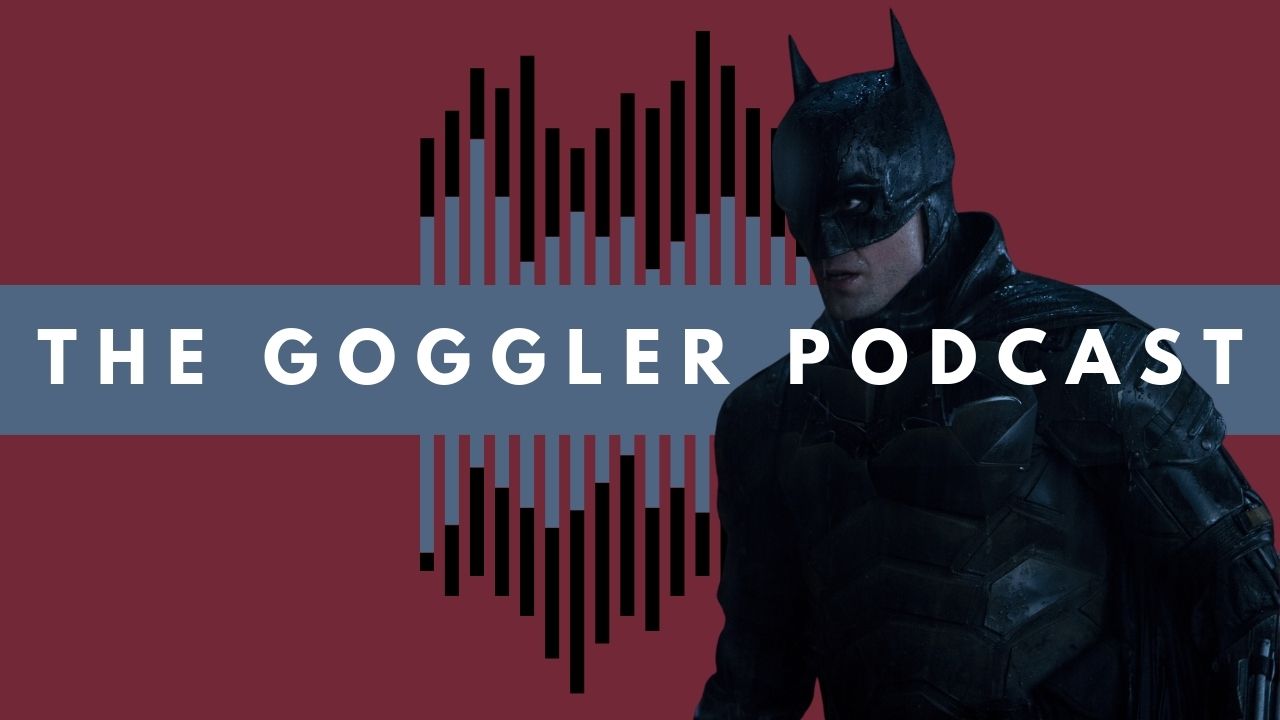
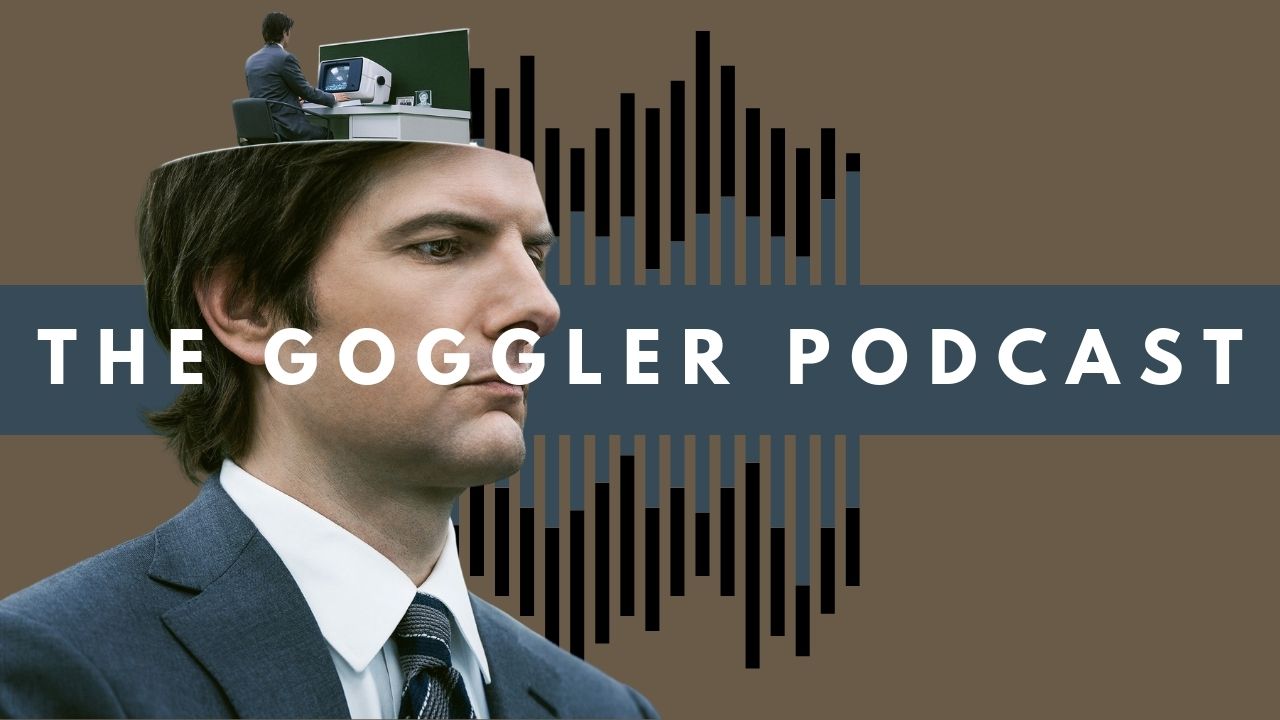
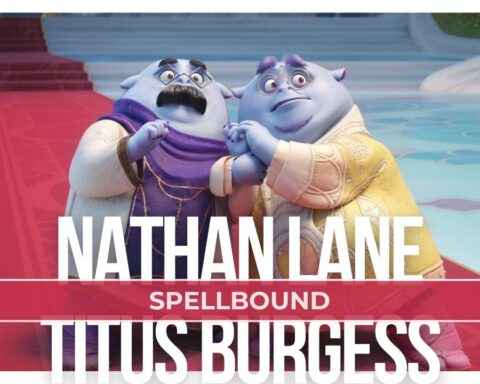
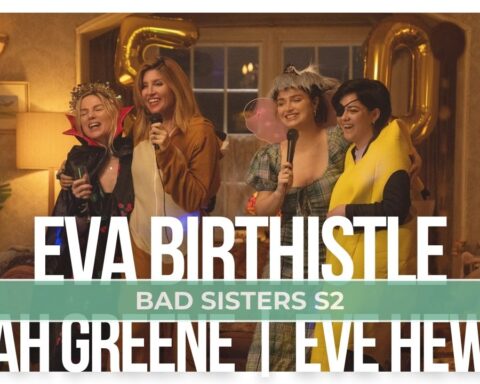
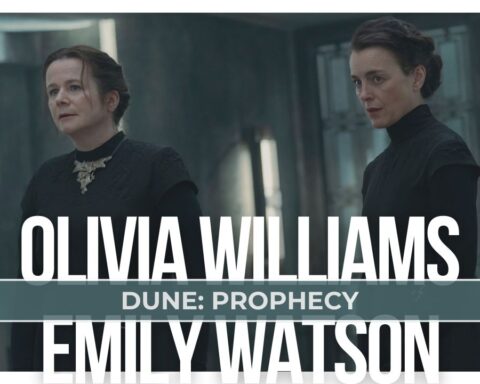
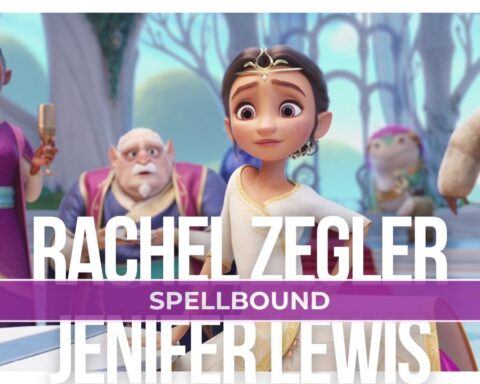

Follow Us